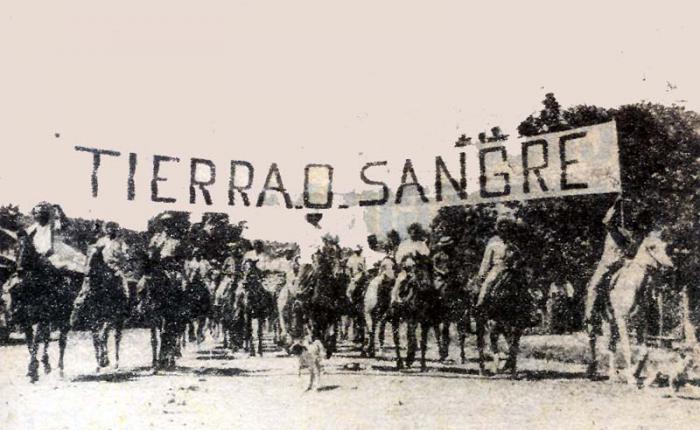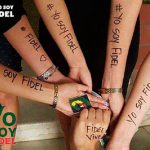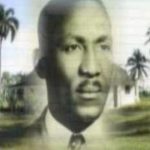As Realengo 18, a mountainous area of the geography of the Guantánamo province was known, among large estates from the colonial period, where very poor peasants, former slaves and mambises settled at the end of the 19th century.
In 1934, the inhabitants of those lands registered in the historical pages starring in one of the first conquests of the Cuban peasants.
Companies that were supported by the army then led by Batista, tried to evict the many families that lived there from Realengo, since it was an area of immense forest wealth.
Then the peasants made a heroic act of resistance to the idea of abandoning their land, where their ancestors, generations and generations of Cubans, had lived and worked.
At that moment a genuine leader arose from among the peasantry, Lino Álvarez, who came to the city of Guantánamo along with other horsemen to expose his cause.
The men and women of the land, armed with some shotguns and machetes, on more than one occasion prevented the entry of those sent by the landowners to occupy the place.
Batista said then, before the rebellion of the locals “The trail will be done, whatever it costs”, to which Lino Álvarez replied “Land or blood”, supported by hundreds of mountain people who, like Lino, also assured “as long as there is a montuno does not follow the trail ”.
Finally, faced with the heroic decision of the residents of Realengo 18, Batista and the rural guard decided to postpone the eviction plans and give in to their attempt.
The fact is historically recorded as one of the first victories of the Cuban peasantry, the one that would become the fundamental ally of the rebels who would bring victory on January 1, 1959, and who would think of those peasants from the beginning, dictating the First Agrarian Reform Law.





